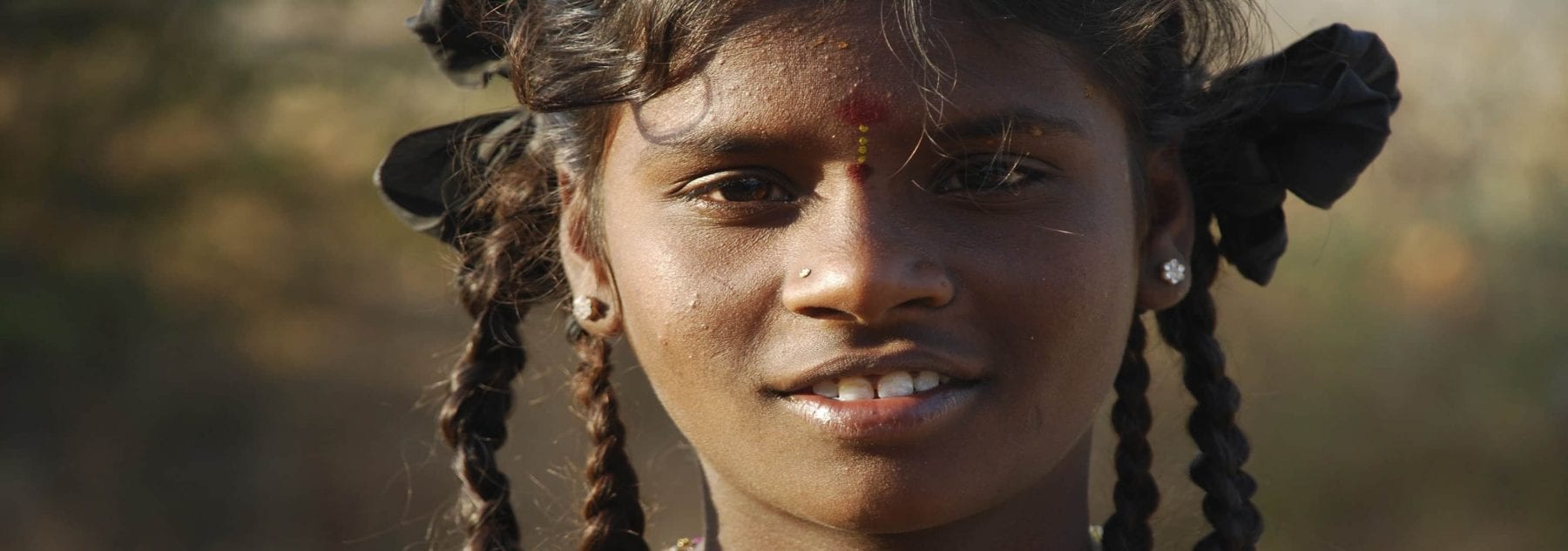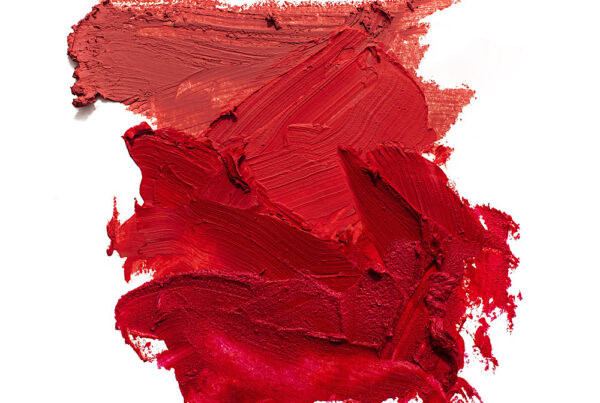Click here if the video does not play
Questions you could consider asking the brand
- What do you do to ensure decent working conditions in the factories where your clothes are made?
- How do you support workers being able to negotiate their own working conditions?
- Are you confident that the price you pay for your garments is enough to ensure that the workers who make them earn a sufficient wage to support themselves and their family?
Vintage fashion and second hand clothing is also an option
As a consumer you can buy things from second hand stores, borrow, swap, and generally find ways to buy less new clothing. This is one way to slow down the ever increasing speed with which we consume clothing. This approach also pays heed to the environmental problems of clothing waste and over consumption of materials.
However, we don’t propose this as the simple solution to the industry’s problems. Jobs for workers in the fashion industry are a life line for many. We feel it is our job to promote these jobs, but advocate for them to be well paid and secure. Buying less first hand clothing could slow down production, reduce pressure in workplaces, and help improve conditions. But it could also cause job losses for workers who rely on the fashion industry for their livelihoods, and not improve workplace pressure at all. We have no way to measure this effect. {Yes, we know it’s not a pretty picture!}
It is also important to mention the big problem of waste created by the second hand clothing business. It is often the case that second hand clothing, when not sold, is dumped on emerging markets in developing countries, and their local fashion industry is damaged. If and when you support a second hand clothing retailer, it is important to ask questions about their waste and ensure that it isn’t having this effect.
We realize that this is not a very clear answer, but it is all we are in a position to give, right now. The main point is that, as with first hand clothes, it is important to be aware of the possible effects of our actions, also when buying second hand or vintage. Clearly the long term solution to all these issues is that changes in the production process have to be introduced in which respect for workers’ rights are embedded.
JO’S FAVE ETHICAL CLOTHING BRANDS:












